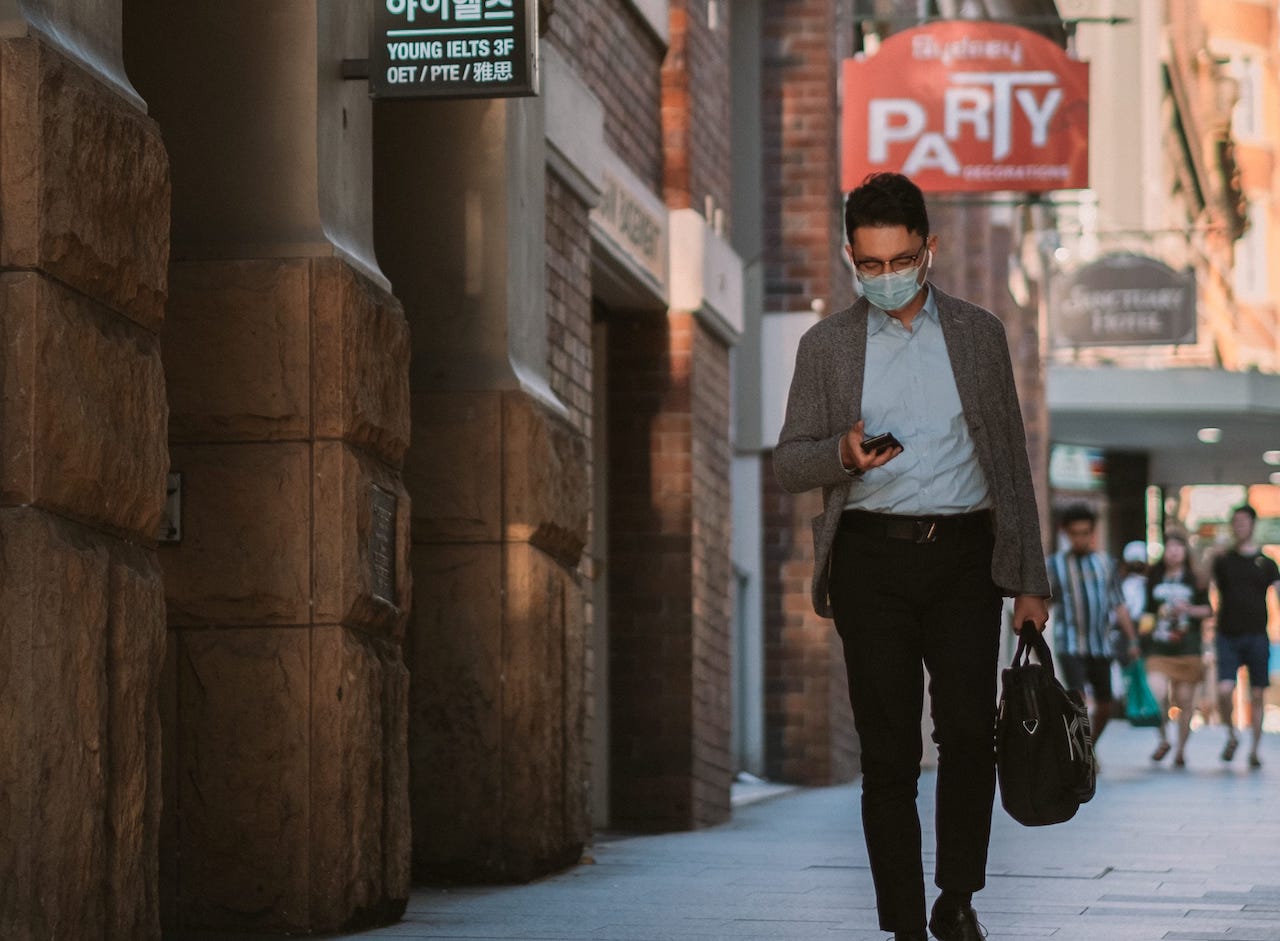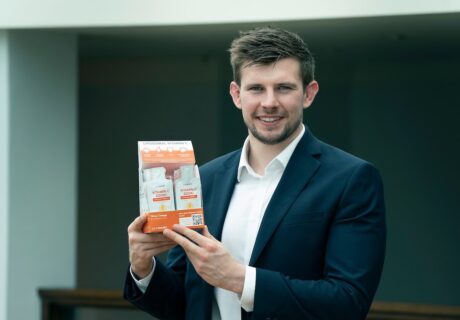As mask-wearing becomes an increasingly ‘normalized’ feature of shopping trips, is the act of wearing a face covering having an effect on our purchasing decisions?
It’s a question that is now being asked more frequently by retail analysts and psychologists.
New research by retail tech pioneer Ubamarket suggests there is an effect – and one that could be favouring health food brands. In short, the company says, wearing masks while food shopping may be encouraging people to make healthier choices.
Enclothed cognition
The effect at play is something called ‘enclothed cognition’. This refers to the effect of our clothes on how we think and act, in which we automatically align our behaviours with the behaviours we associate with our clothing.
As the Government signals new ambitions to tackle the nation’s growing obesity crisis, national research by Ubamarket suggests there are presently both challenges and opportunities. Key findings included:
•10% of Britons – 4,683,000 people – don’t know how to cook a good/healthy meal from scratch
• 8% of Britons – 3,770,000 people – say the majority of their main meals are microwave meals
•7% of Britons – 3,162,000 people – eat more takeout food than home-cooked food
One way in which supermarkets can help to streamline the process and help shoppers revitalise their health and diets, is through the integration of technology into supermarkets. But could mask-wearing also play a role in ‘priming’ shoppers to be more conscious about making healthier food choices? Founder of Ubamarket, Will Broome, thinks so: “The legislation of mask-wearing in stores will help to protect retail workers and customers, and it is encouraging to see that this may cause a rise in healthy food shopping.”
Mask psychology
Writing in The Grocer, Dr Paul Marsden, a chartered psychologist specializing in consumer behaviour, explains the role that ‘mask psychology’ could be having. He writes: “Enclothed cognition means the physical sensation of wearing a mask is likely to act as a constant reminder to shoppers that they are living through a pandemic and that their health is under threat. So, expect shopping baskets to reflect elevated health anxiety, as mask-wearing shoppers do what mask-wearing people do – watch out for their health.”
Marsden predicts further spikes in the sales of VMS products, and for more ‘shopping motivated by the need to protect and promote health, and for a general acceleration of the healthy eating trend’.





